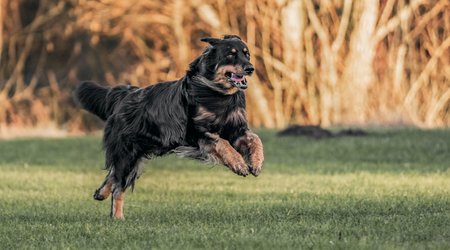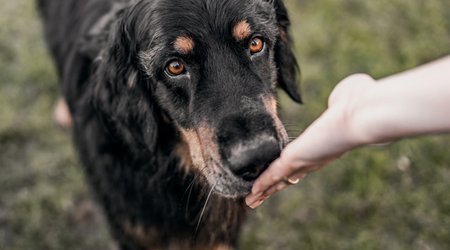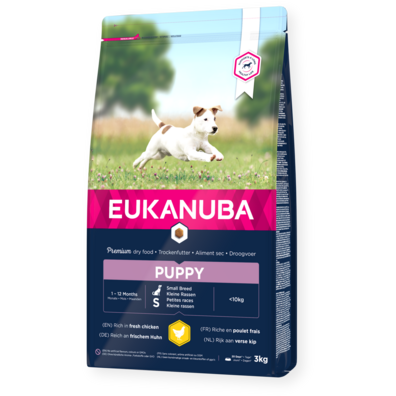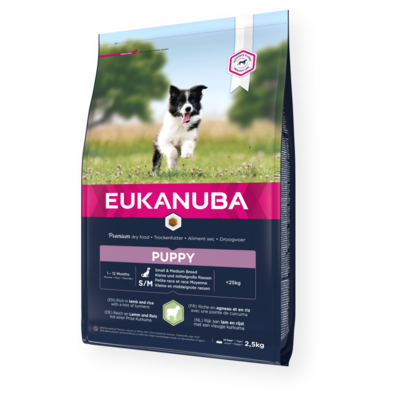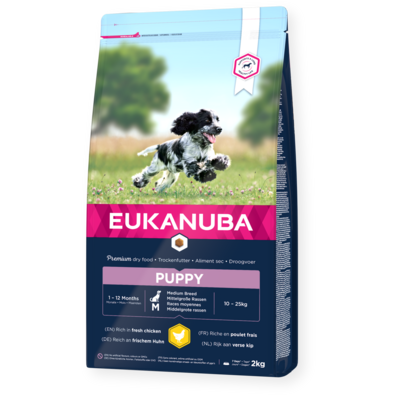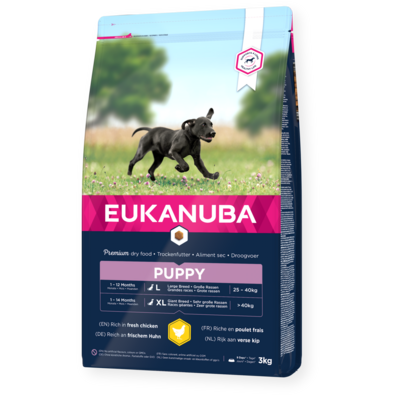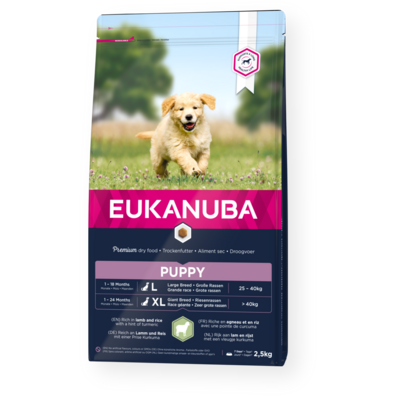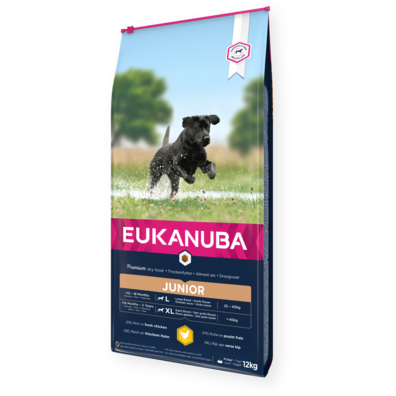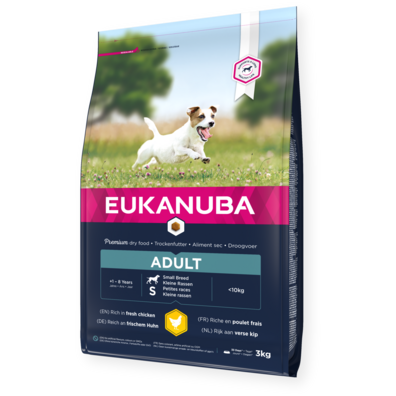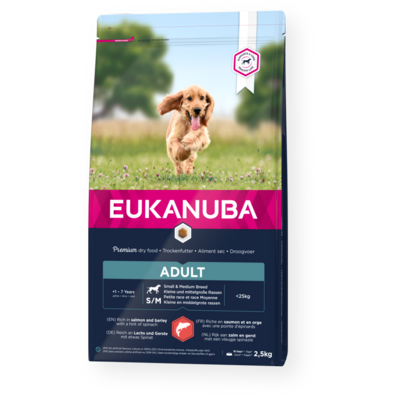The right dental care
Dental health in dogs
There are many things we as pet parents do that draw a skeptical glance from others; whether it is an ergonomic dog bed, a yellow rain slicker for our pups in rainy weather, or just brushing your pup’s teeth, non-pet parents simply don’t understand. But we do have our reasons!
We love our pets and want them to have the best lives possible! So let’s talk about an important topic: dental health in dogs. Why you should pay attention to it and why it is so important for your dog’s overall wellbeing.
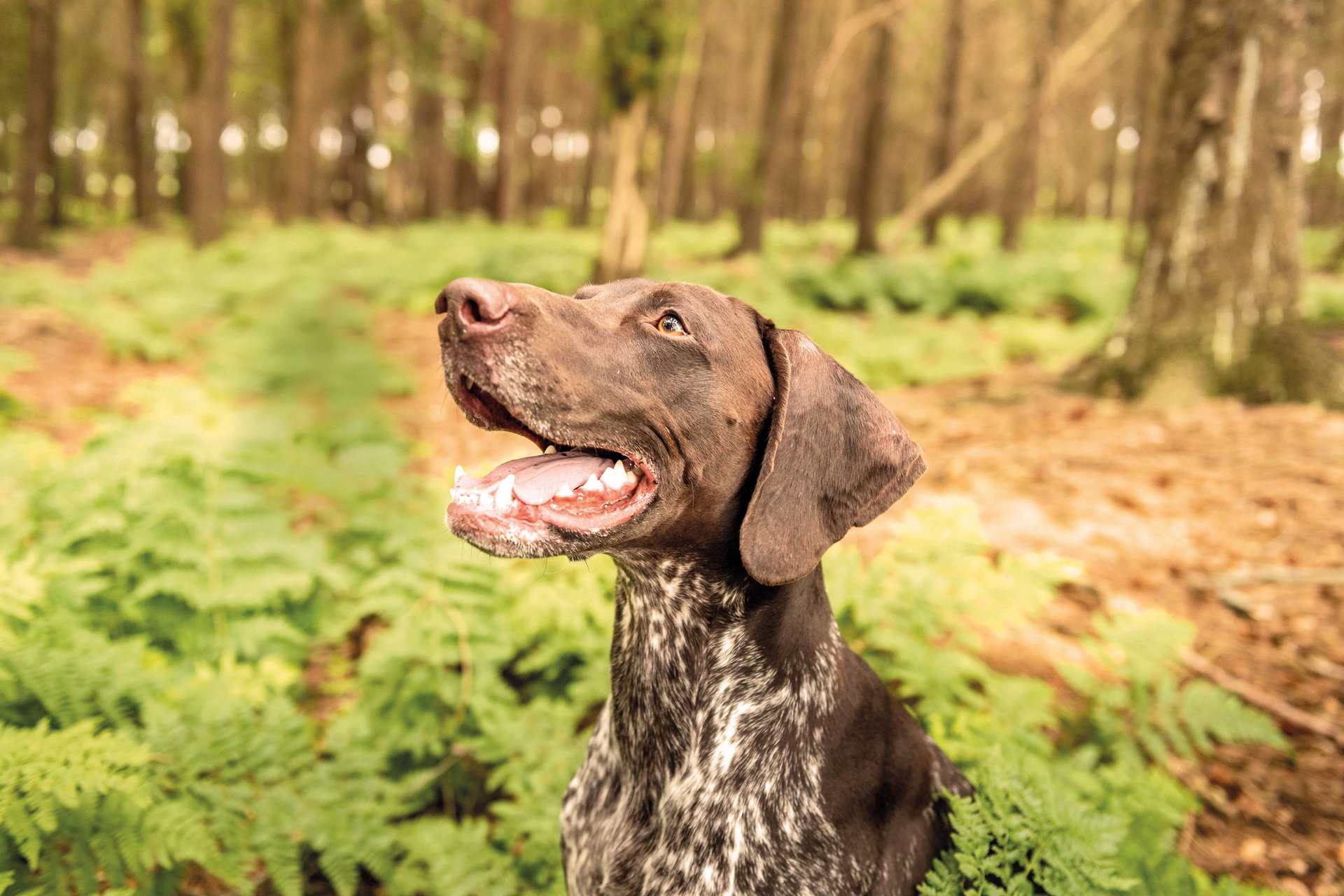
Proper dental care
Why is dental care so important for dogs?
Some of us may struggle to see it as our pups snooze on the bed for hours, but dogs are descended from wolves and have inherited what is called the scissor bite. This is when the dog leverages their 42 teeth to bite, hold, chew and tear meat. But teeth are also used for things like self-grooming and communication in the dog world. A missing tooth is unlikely to have a substantial negative impact on the dog's life, but malocclusions (misaligned teeth) and dental diseases do.
Due to occasional health issues most often found in pure bread dogs, particularly short-head breeds like French Bulldogs and Pugs, there is sometimes not enough space for all the teeth in the jaw. This means the dog does not have a ‘normal# scissor bite and often has to struggle with the consequences. Meanwhile some breeds are also genetically prone to tartar and plaque, such as the Poodle or Chihuahua. While owners cannot have much influence on tooth misalignment – other than to ensure they have worked with a reputable breeder if acquiring their pet as a puppy- the situation is quite different when the dog is prone to tartar build-up.
From puppyhood pet parents should practice a few key behaviors with their new furry friend; letting you look into their mouth without any stress and comfort with tooth brushing through regular practice. Whether with a finger glove or a special ultrasonic brush, it is important that your dog knows and accepts the procedure. You should ask your vet for advice on a suitable toothpaste for dogs and never use a human toothpaste, as these can harm your pet.
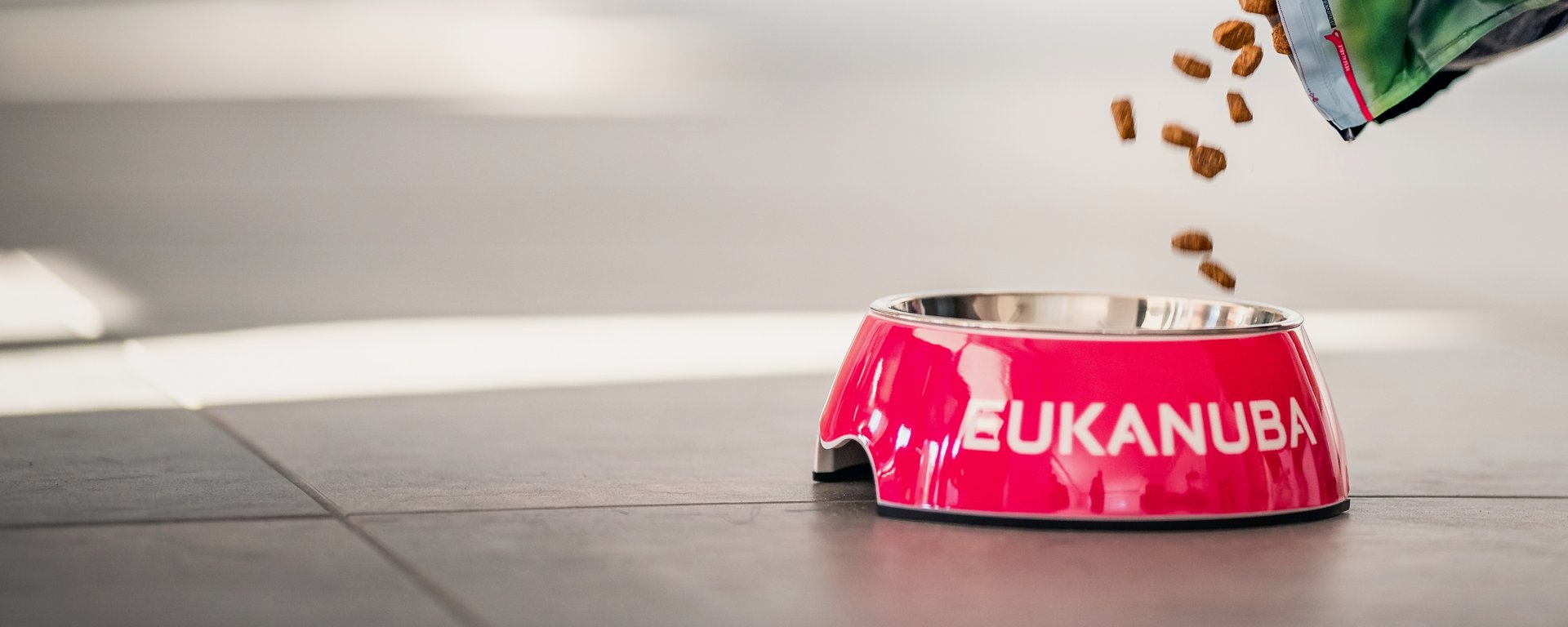
Spotting the symptoms
Early signs of dental issues
There are some symptoms that you as a pet parent can quickly recognize. These include:
- Bad breath/odor from the mouth
- Discolouration of the teeth
- Swelling or pain in the mouth area
- Formation of tartar (hard dental plaque)
- Increased salivation
Bigger issues such as toothache are often noticeable in behavioral changes. For example, a dog may no longer show interest in his chew toy or treats, or may even show a reduced appetite at meal time.
But how do the symptoms arise in the first place? Bacteria have an opportunity to grow due a poor choice of food or food residues between the teeth. With the minerals from the dog’s saliva, tartar forms and bacteria settle. These bacteria attack the gums by attaching themselves to the base of the teeth directly at the gumline. Tartar formation and/or bacterial infection can cause gum inflammation and recession. In some severe cases, the jawbone can be affected and recede in the area of the tooth socket. The result: pain and tooth loss.
But dental health doesn't just affect your dog's mouth. Infections in the area of the mouth/teeth can lead to increased bacteria growth in the bloodstream. This can have negative effects on other vital organs. The heart and kidneys can be affected, as they are particularly well supplied with blood.
Preventive measures
The right dental care for your dog
The good news is there are many simple preventive measures you can take to avoid your dog suffering the consequences of tartar formation in the first place.
Functional chewing snacks
Many chews on the market are designed directly for dental care and can reduce tartar formation from plaque with supporting minerals. However, some items should be discouraged, for example, no weight-bearing bones from large animals or antlers should be offered as these can lead to tooth fractures. Similarly, poultry or pork bones should never be fed.
Dry food instead of wet food
The biggest disadvantage in terms of dental health is that wet food is not chewed as intensively as dry food. Because of the abrasive action created when chewing it, dry food is advantageous in addressing plaque buildup. Make sure you look for a dry food with kibble designed croquettes to clean the teeth by friction when chewing. EUKANUBA hexagonal shape is a perfect illustration of the type of form that supports good oral hygiene.
Regular dental care
Even if it does not happen every day, a dental cleaning (tooth brushing) should take place at least once per week. An annual check-up at the vet should also include a careful examination of your dog’s teeth, so that timely intervention can be made should problems develop.

